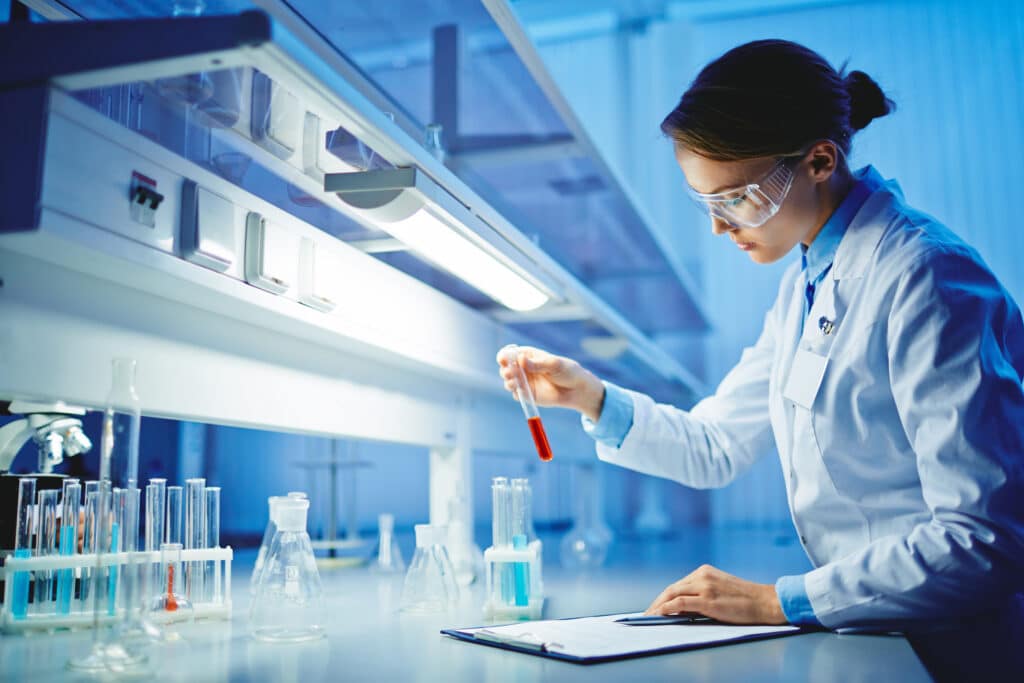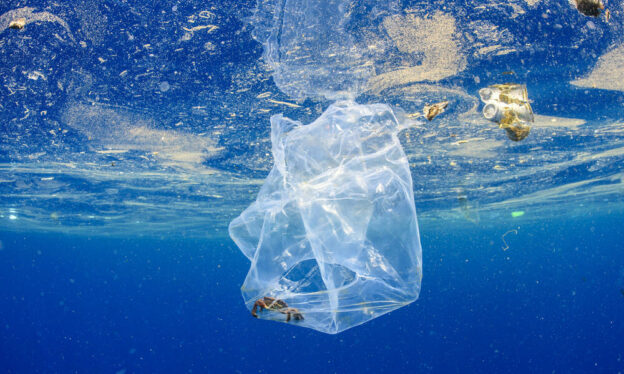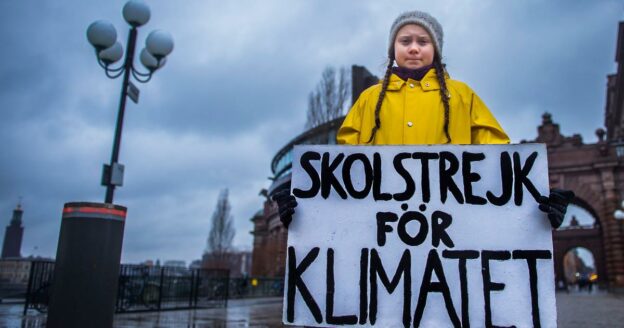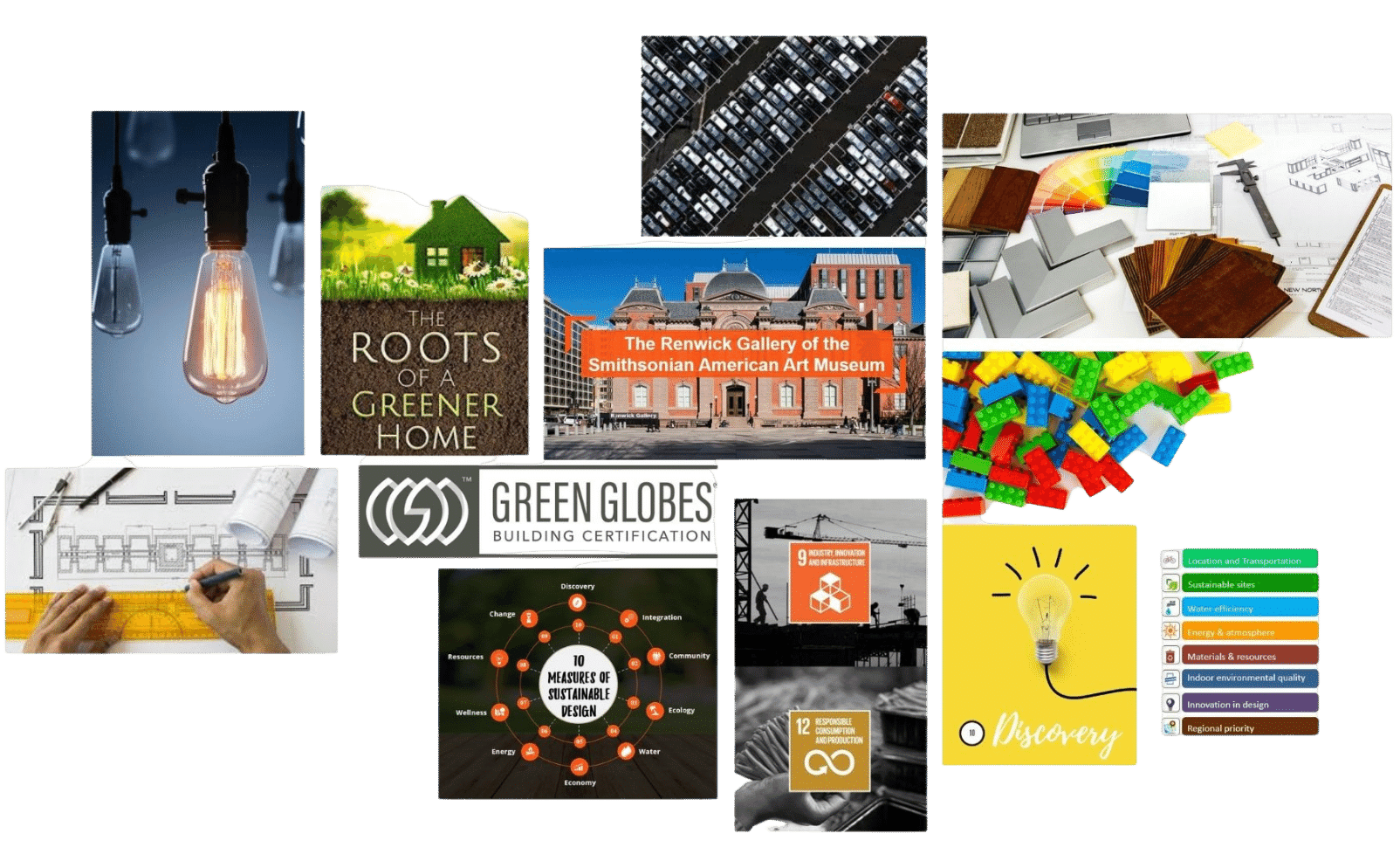From medicines to agriculture, the impressive breadth and depth of biotechnology’s ability to bring benefits across the spectrum of life on earth is remarkable. However, biotechnology’s role in sustainability is getting close attention as the impact of climate change adds a critical new dimension to maintaining a safe environment for human life and protecting the earth’s resources for future generations
The U.S. Department of Energy’s Bioenergy Technologies Office defines the relationship of biotechnology and sustainability as the development of “…the resources, technologies, and systems needed to support a thriving bioenergy industry that protects natural resources and advances environmental, economic, and social benefits.”
That said, it is important to understand that biotechnology is a much broader concept than its applications to energy production. Biotechnology is advancing the sustainability of water, air, soil, and biodiversity in a number of ways.
What we will learn
- Understand what biotechnology is and it’s applications on human health and the environment
- Describe the role of biotechnology in the built environment
- Recognize the benefits of using biotechnology in the built environment
- Identify the limitations of biotechnology
- Analyze the future potential of biotechnology as it applies to people, planet and profit









